Anyone who popularized the expression “baby soft skin” probably didn’t spend much time with newborns.
Full-term infants frequently have dry skin as they quickly adjust to life outside the womb, and because they have been covered in vernix — the waxy substance that shields skin from amniotic fluid during pregnancy.
Newborns’ skin can even flake or peel from this dryness — or from infant eczema. (As many as 1 in 5 children under two years may develop eczema.) Restoring moisture to the skin often helps these problems.
So what does this have to do with a West African plant? Quite a bit. Shea butter is a widely used natural remedy for infant skin concerns — and for good reasons. Here’s what you should know.
What is shea butter?
Like coconut oil, shea butter is a plant-derived fat obtained from a tree nut — specifically, the shea nut of the karité tree native to western and central Africa.
Locally, it has been employed for centuries on skin and hair as a moisturizing agent and to treat various issues such as rashes and insect bites. Its use has since spread globally.
Shea butter is solid at room temperature but liquefies when warmed. Its composition is mainly saturated and monounsaturated fatty acids, such as palmitic, stearic, oleic, and linoleic acids. It also contains vitamins, notably vitamin E.
Shea butter has a long history in pregnancy, postpartum care, and infant care. Expectant people may apply it to stretched belly skin, and new mothers sometimes use it to soothe dry, cracked nipples.

What are the benefits of shea butter?
Several benefits are attributed to shea butter. While further research will continue to clarify its effects, some studies support certain claims. The most relevant findings for parents include:
Natural option for eczema
Shea butter may help with eczema, which is particularly important for parents managing this condition in infants.
In one case report (single participant), shea butter improved the appearance and symptoms of eczema more than petroleum jelly. In a separate small trial, roughly 75 percent of pediatric subjects with atopic dermatitis responded positively to a shea-containing cream.
And in a 2019 study, an oatmeal-based formulation with shea butter reduced eczema signs after one month of application.
However, more research focused on pure shea butter is needed.
Hydrating properties
Thanks to its fatty acid profile and vitamins (particularly A and E), shea butter is known for being highly moisturizing. If your baby has dry skin, it may help restore that soft-feeling baby skin.
Most evidence categorizes shea butter as an emollient — a moisturizing agent used to soothe dry skin, eczema, or psoriasis.
Anti-inflammatory effects
Shea butter might possess anti-inflammatory qualities, making it a reasonable choice for mild skin irritations such as rashes and bug bites. (Always consult your pediatrician if your baby has noticeable skin issues.)
Is shea butter appropriate for baby skin?
Harsh components can upset delicate infant skin and provoke rashes or other reactions. Bear in mind that newborn skin is fragile; a baby’s epidermis (outer skin layer) is about 20 percent thinner than an adult’s.
Because of this sensitivity, cautious selection of products is important. Fortunately, shea butter is generally regarded as safe for even the most sensitive skin. Unlike many commercial baby lotions, pure shea butter typically lacks added chemicals, sulfates, parabens, and preservatives.
Best shea butters for babies
When picking shea butter for an infant, choose organic, unrefined types. Review the ingredient list for any unwanted additives — the cleanest options will list 100 percent shea butter and nothing else.
Unrefined shea butter is acceptable — you may notice small fragments of shea nut in it. To prevent a gritty texture on baby’s skin, melt the butter in a microwave-safe container and strain it through cheesecloth.
Expect to pay more for organic, minimally processed products, but many find the extra cost worthwhile for peace of mind.
Shop for raw, organic shea butter online.
How to apply shea butter to your baby
Much like coconut oil, you can warm a small spoonful of shea butter in the microwave and use it for a baby massage. Confirm the temperature on your wrist first — it should be comfortably warm, not hot. (Keep in mind that baby skin is more sensitive than yours.)
Dip your fingertips into the liquid and gently massage baby’s body, working on one small area at a time. Avoid contact with the eyes and genital region when using shea butter or any other oil.
To treat baby eczema, heating isn’t necessary. After a bath (which softens skin and makes moisturizers more effective), pat the skin dry and apply a small amount directly to the affected areas.
Precautions
Although shea butter is derived from a tree nut, documented allergic reactions to the finished butter are essentially nonexistent.
Still, perform a patch test on a small skin area before widespread use. If you see any redness or irritation where tested, discontinue use and choose an alternative product without shea butter.
Remember that most newborn dry skin improves on its own after the first month. If dryness continues, don’t simply rely on shea butter or baby oil — consult your pediatrician, as there may be an underlying problem that needs medical care.
Certain oils with fatty acids similar to those in shea butter — such as olive oil — have been examined in studies considering whether they might actually contribute to atopic eczema. The evidence isn’t conclusive, so monitor your baby’s skin for any changes.
The bottom line
Shea butter can be an effective option for moisturizing a baby’s fragile skin and easing eczema symptoms.
However, it’s wise to consult your pediatrician about the right approach. Most clinicians will likely approve the use of shea butter — but it’s always worth asking.
In summary, infant dry skin is common. If you opt for raw, organic shea butter, its antioxidants and beneficial components may make it a strong choice for combating dryness — for your baby and for you.


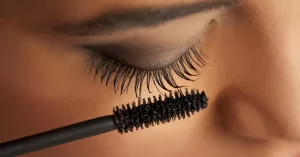



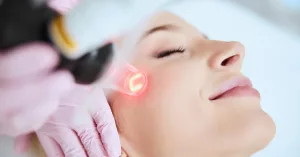
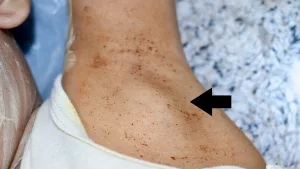
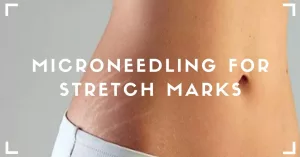
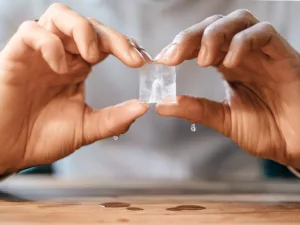
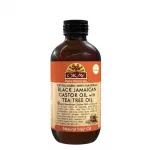


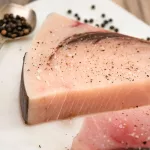

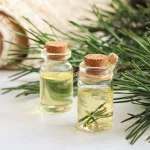









Leave a Reply
You must be logged in to post a comment.